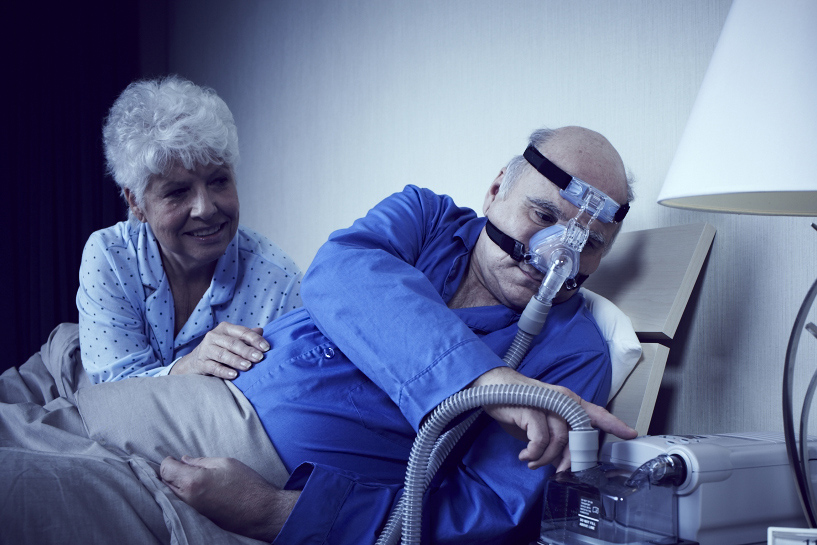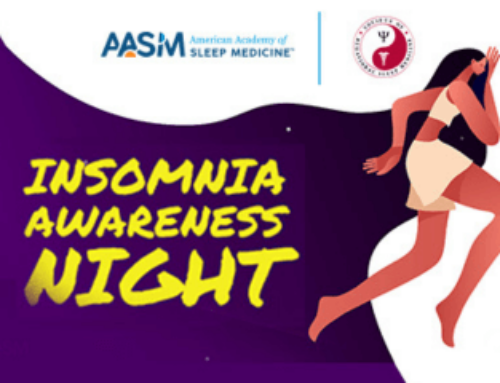DARIEN, IL – A study of patients with obstructive sleep apnea (OSA) suggests that non-adherence to continuous positive airway pressure (CPAP) therapy is significantly associated with increased 30-day hospital readmissions.
Results show that non-adherent patients were three times more likely to be readmitted to the hospital within 30 days for any cause (adjusted odds ratio = 3.52). They also were two times more likely to be readmitted for cardiovascular reasons (OR = 2.31). The leading cardiovascular causes for readmission in these patients were atrial fibrillation, myocardial ischemia and congestive heart failure, all of which are linked to untreated sleep apnea.
“Until now no one has investigated the role of CPAP non-adherence in 30-day readmissions as an independent risk factor in all types of admissions,” said principal investigator Dr. Behrouz Jafari, director of the sleep program at the Veterans Affairs Long Beach Healthcare System in Long Beach, California. “This study carries important implications as it suggests that CPAP therapy may be an important, modifiable target for reducing hospital readmissions,” added Jafari, who also is an assistant professor of medicine in the section of pulmonary and critical care medicine at the University of California, Irvine.
The study results are published in the Feb. 15 issue of the Journal of Clinical Sleep Medicine.
Nearly 30 million adults in the U.S. have obstructive sleep apnea, a chronic disease that involves the repeated collapse of the upper airway during sleep. Common warning signs include snoring and excessive daytime sleepiness. One treatment option for sleep apnea is CPAP therapy, which uses mild levels of air pressure, provided through a mask, to keep the throat open while you sleep.
The study involved 345 patients with obstructive sleep apnea who were hospitalized at a VA medical center from Jan. 1, 2007, to Dec. 31, 2015. Ninety-five percent of participants were men, and 72 percent were white. The 183 adherent patients had an average age of 66 years, and the 162 non-adherent patients had an average age of 62 years. Mean sleep apnea severity was severe in both groups.
Objective CPAP data were analyzed according to the Medicare definition of CPAP adherence, which is CPAP use for 4 or more hours per night on 70 percent of nights during a consecutive minimum period of 30 days. Results were adjusted for potential confounders such as age, sex, body mass index, living situation, race, comorbidities, and medication adherence. Jafari noted that 30-day readmissions are touted as the key quality indicator for hospitals and a way to reduce health care costs.
“Improving CPAP adherence may have a cost-saving effect at local, state-based, and national levels,” he said.
For a copy of the study, “Nonadherence to CPAP associated with increased 30-day hospital readmissions,” or to arrange an interview with a study author or an AASM spokesperson, please contact the AASM at 630-737-9700 or media@aasm.org.
The monthly, peer-reviewed Journal of Clinical Sleep Medicine is the official publication of the American Academy of Sleep Medicine, a professional membership society that improves sleep health and promotes high quality, patient-centered care through advocacy, education, strategic research, and practice standards. The AASM encourages patients to talk to their doctor about sleep problems and visit www.sleepeducation.org for more information about sleep, including a searchable directory of AASM-accredited sleep centers.









